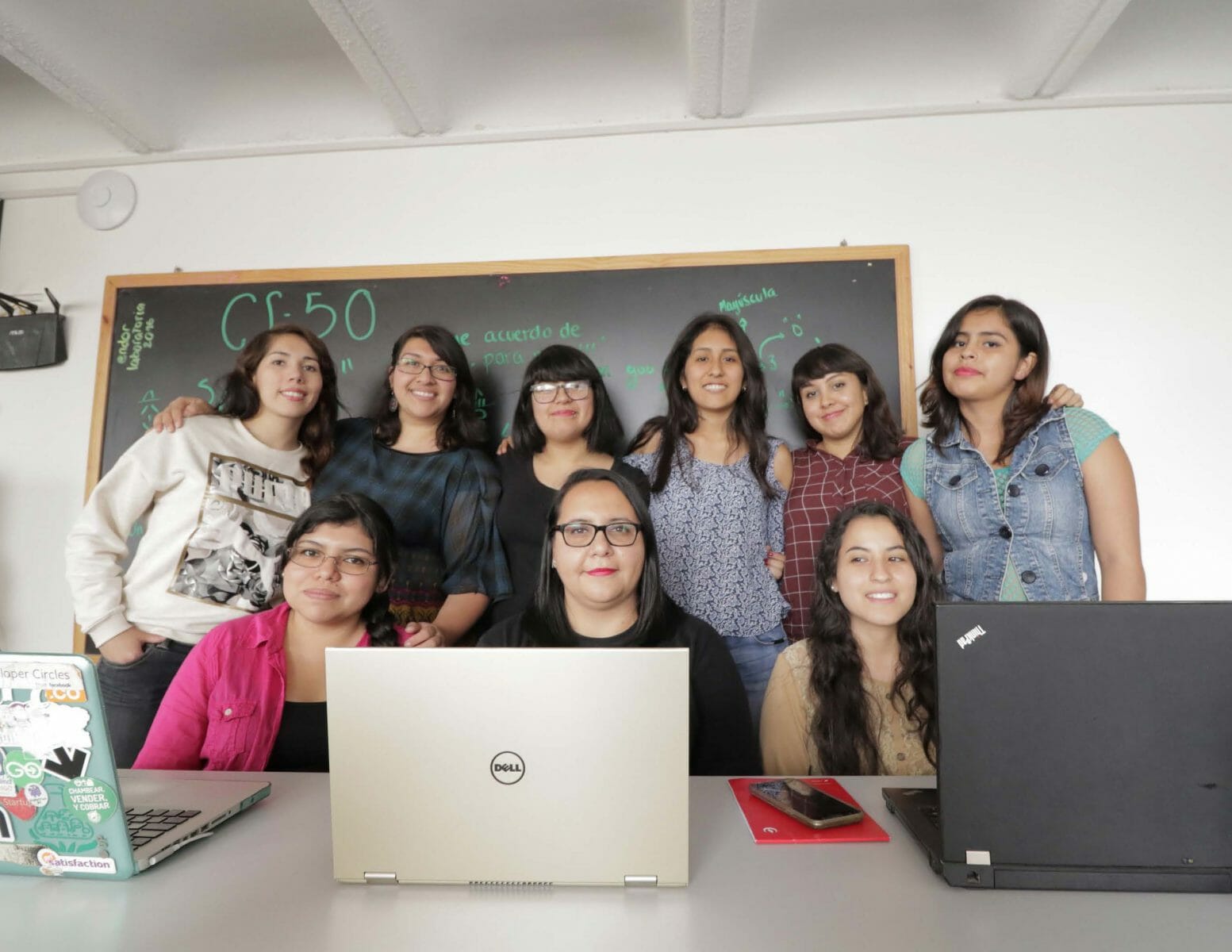
Articles
Editor’s Picks
World Bank Report Highlights Benefits of Coding Bootcamps Going Global
By Cait Etherington
November 07, 2017
Coding bootcamps are already emerging as a major economic driver in North America. A new report by the World Bank suggests they also hold the potential to transform training and tech start-up opportunities in emerging economies around the world.
The Current State of Coding Bootcamps
Lately, there has been a lot of news about coding bootcamps. Across the United States and Canada, the industry continues to grow at a rapid pace. Indeed, despite a recent bump, which saw a few early players close earlier this year, the industry continues to expand. This year, coding schools are expected to graduate approximately 25,000 students. Notably, unlike most college- and university-based computer science programs, these for-profit schools, which typically offer programming, design, and developer courses in a three- to six-month format, also tend to be far more diverse. Women and visible minorities are well represented in many coding schools, which is not the case in most college- and university-based computer science programs. It is not entirely surprising, then, that coding bootcamps are also now being embraced as a viable way to bring high-paying and in-demand jobs to emerging economies.
Coding Bootcamps in Emerging Economies
A recently released report by the World Bank enthusiastically supports the current and future of coding bootcamps in emerging economies around the globe, but also cautions that careful study is needed to determine best practices for coding schools in this context. As stated in Coding Bootcamps: Building Future-Proof Skills Through Rapid-Skills Training‘s executive summary: “Coding bootcamps are not restricted to advanced economies; they have become a global phenomenon being present in emerging economies with active start-up ecosystems. Furthermore, they are expanding beyond the ICT sector to other key priority areas such as manufacturing.”
To date, there is only limited data on coding academies outside North America, but as the report observes, “Available data suggest that these programs are implemented by for-profits, nonprofits, and social enterprises, with nonprofits most commonly found in Africa (ITU 2016). Selected coding bootcamp providers studied for this report show that social enterprises (for example, Moringa School, Laboratoria, WTM) are gravitating towards eventual transformation into for-profit social businesses.”
As for outcomes, the report suggests that to date, at least the schools featured in the report, are producing outcomes that merit serious attention. U.S-Based Hack Reactor currently runs for-profit schools in New York and San Francisco but also in Nairobi and Jordan. As stated in the World Bank’s report, “99 percent of onsite graduates and 95 percent of online graduates are employed in full-time software engineering roles within six months, with average salaries of $104,000 and $94,000, respectively. Salaries ranged from $50,000 to $179,000 in 2015.” It’s unclear, however, if there are notable disparities between the school’s U.S.-based and global graduates.
By contrast, Laboratoria, with schools in Mexico City, Santiago, Lima, and Arequipa, is run as a nonprofit school for women. Still, the results are impressive. As stated in the World Bank’s report, “Laboratoria boasts a 75 percent postgraduation employment rate, with graduates tripling their income within three months of graduation. About half of their students had previously attained a postsecondary education at some point but only 16 percent had obtained a degree. Those who had obtained a degree had often done so from lower-ranked institutions and were unable to get a well-paid job after graduating. Accepted applicants are generally either unemployed or underemployed. The holistic approach to instruction, that includes technical skills education, personal skills training, and job matching, is critical to the bootcamp’s overall impact on students and employers. Students are not only educated but matched with job opportunities, mentors, and continuing education at partner companies.”
The Potential Role of Online Coding Bootcamps
Notably, out of the five schools featured in the World Bank report, three schools offer programs both on site and online. The two schools that do not offer online courses are both not-profit ventures catering to women that also seek to support students’ broader social needs. While the report does not explicitly address the potential impact online coding bootcamps might hold in the world’s emerging economies, the report does suggest that there is great potential for online U.S.-based coding academies to expand. Although cost will no doubt remain an obstacle (few students in emerging economies can currently pay the fees of U.S.-based schools), moving forward, it certainly seems possible that strategic alliances (e.g., between economic development agencies, NGOs, and for-profit coding academies) may be able find ways to build skills in the developing world to support individuals and emerging economic markets.









No Comments